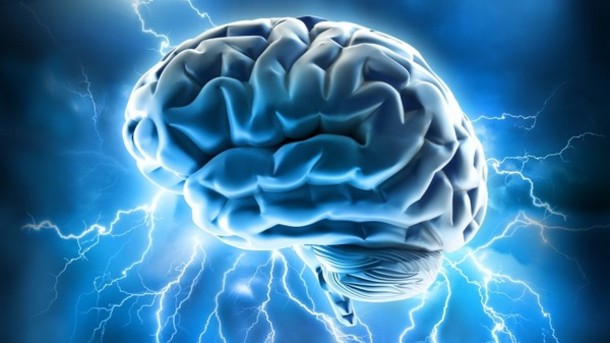The mystery of consciousness

Watch the video: Baroness Susan Greenfield discusses the great unexplored area of consciousness, and how neuroscience can help us learn more
Published 25 November 2015
By Catriona May
Consciousness is, according to Professor Susan Greenfield, “the ultimate mystery and the ultimate challenge.”
The mystery of how neural mechanisms become everyday consciousness intrigues the British scientist, writer, broadcaster and speaker. So much so, it is the subject of her latest book, A Day in the Life of the Brain.
On a recent visit to the University of Melbourne, she sat down with research fellow Dr Rachel Buckley, to discuss the book, Alzheimer’s and what the future might hold.
“The book is not a literal manual, where you can look up a time to see what your brain is doing,” explains Baroness Greenfield. “Rather it’s a contrived device to bring together all the different states our brain experiences.”
While the mechanisms behind consciousness remain largely unknown to neuroscience, Baroness Greenfield says there is potential to examine the co-relations between neural events and everyday experiences and feelings.
“We can look at how subjective brain states such as pain or waking up or the impact of our environment match up with what’s happening in the brain,” she says.
“We need to find way to do this with precision; a bilingual way of expressing the same things in brain terms and also in subjective terms.”
Discussions about consciousness need to acknowledge its four subsets, says Baroness Greenfield.
Consciousness: the raw, first-hand experience arguably felt by animals and infants.
Self-consciousness: developing later in infancy, when young children gain a sense of self.
Sub-consciousness: occurring while conscious, but not part of ongoing experience.
Unconsciousness: a complete lack of consciousness.
The area holds much potential for future research, although Professor Greenfield is concerned it may remain niche due to the difficulty of articulating specific questions and, inevitably, attracting funding.
Banner image: Brain Power by Allan Ajifo, via Flickr

